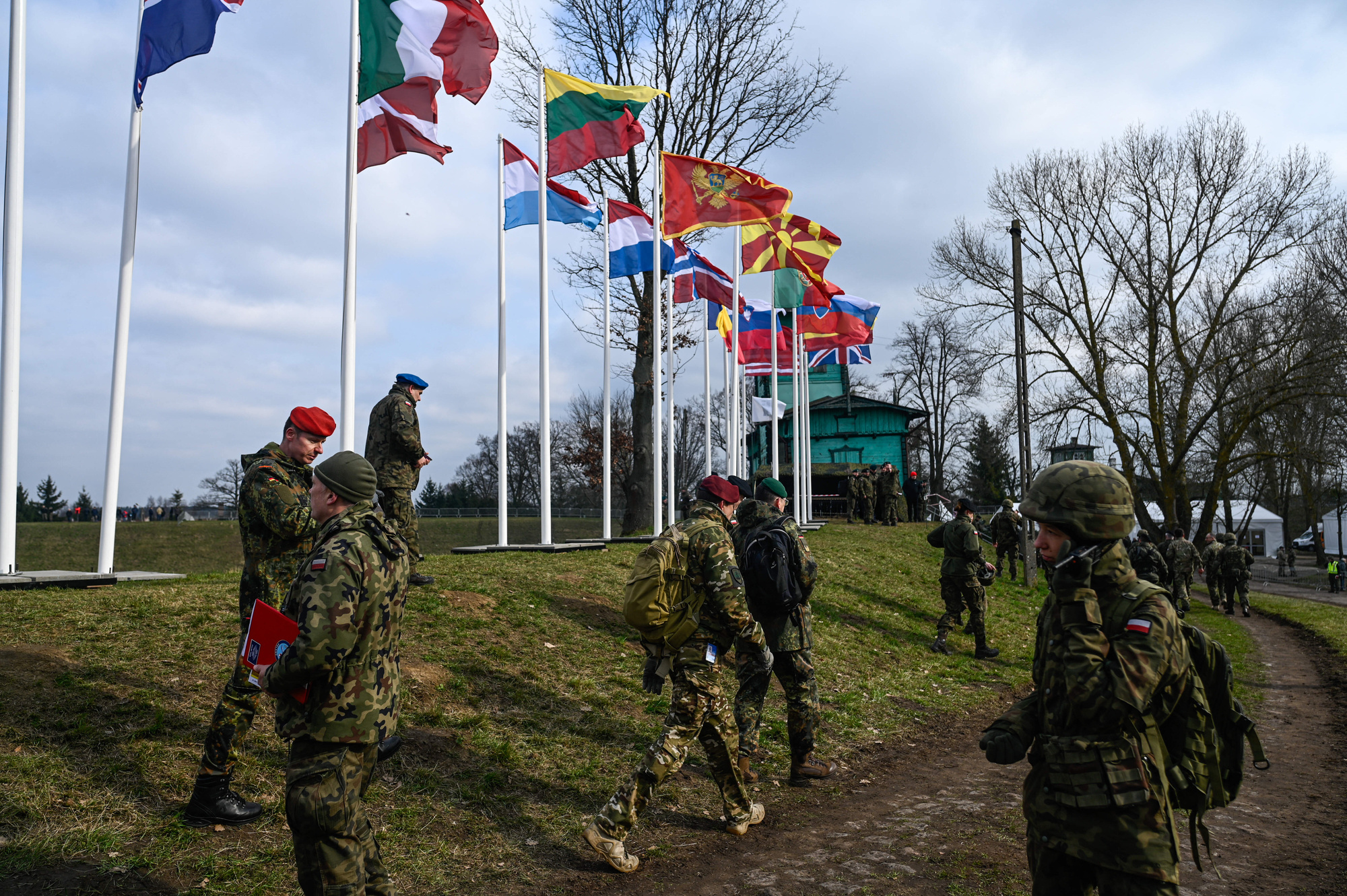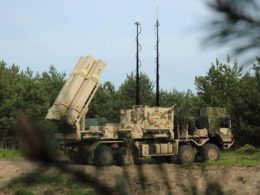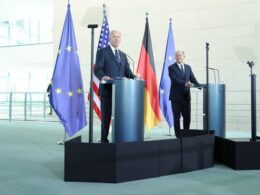If America fully “exits the game,” Europe will have to spend an additional $1 trillion on its own defense, and even that might not guarantee protection from Russia, according to Defense Express.
Europe may soon face a historic challenge: defending itself without the US military umbrella. According to estimates by the International Institute for Strategic Studies (IISS), this would require at least $1 trillion, with over a third of that amount allocated solely to weapons procurement.
The projected list of required assets is staggering:
- 600 tanks
- 800 tracked infantry fighting vehicles (IFVs)
- 900 heavy armored personnel carriers (APCs)
- 400 wheeled armored vehicles
- 4,200 protected mobility vehicles
Artillery and missile systems would also need a massive buildup:
- 100 tracked self-propelled howitzers, 100 wheeled
- 100 multiple launch rocket systems (MLRS)
- 400 tactical ballistic missile systems
- Dozens of air defense systems, including Patriot, SAMP/T, THAAD, and 20 launchers for long-range cruise missiles
The air power component would require an additional 400 fighter jets, 200 attack helicopters, dozens of reconnaissance and electronic warfare aircraft, and 3,700 air-to-air missiles.
Naval forces would also demand substantial reinforcement:
- Two aircraft carriers
- Two amphibious assault ships
- 20 destroyers
- Six frigates
- Ten nuclear submarines, along with thousands of naval missiles and torpedoes.
However, as analysts at Defense Express point out, the greatest challenge is not financial. The real issue is manpower — finding the skilled workers to manufacture all this weaponry and the military personnel to operate it effectively.
“Even if Europe finds the money, the question remains: will it have enough people to field this next-level army?” the analysts question.
Earlier, reports said Germany was forming its first permanently deployed combat brigade abroad since World War II, in Lithuania, amid growing Russia's threat. Berlin plans to send a 5,000-troop brigade to Lithuania by the end of 2027.
Chancellor Merz attends ceremonial birth of Germany’s first overseas brigade in 80 years





